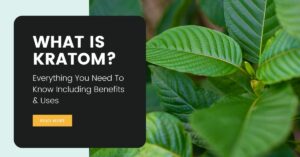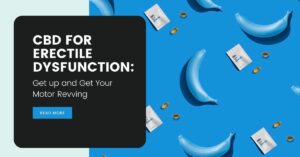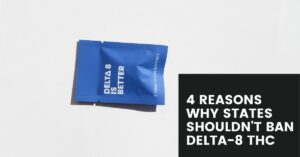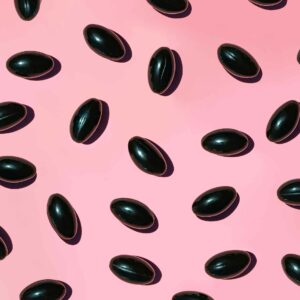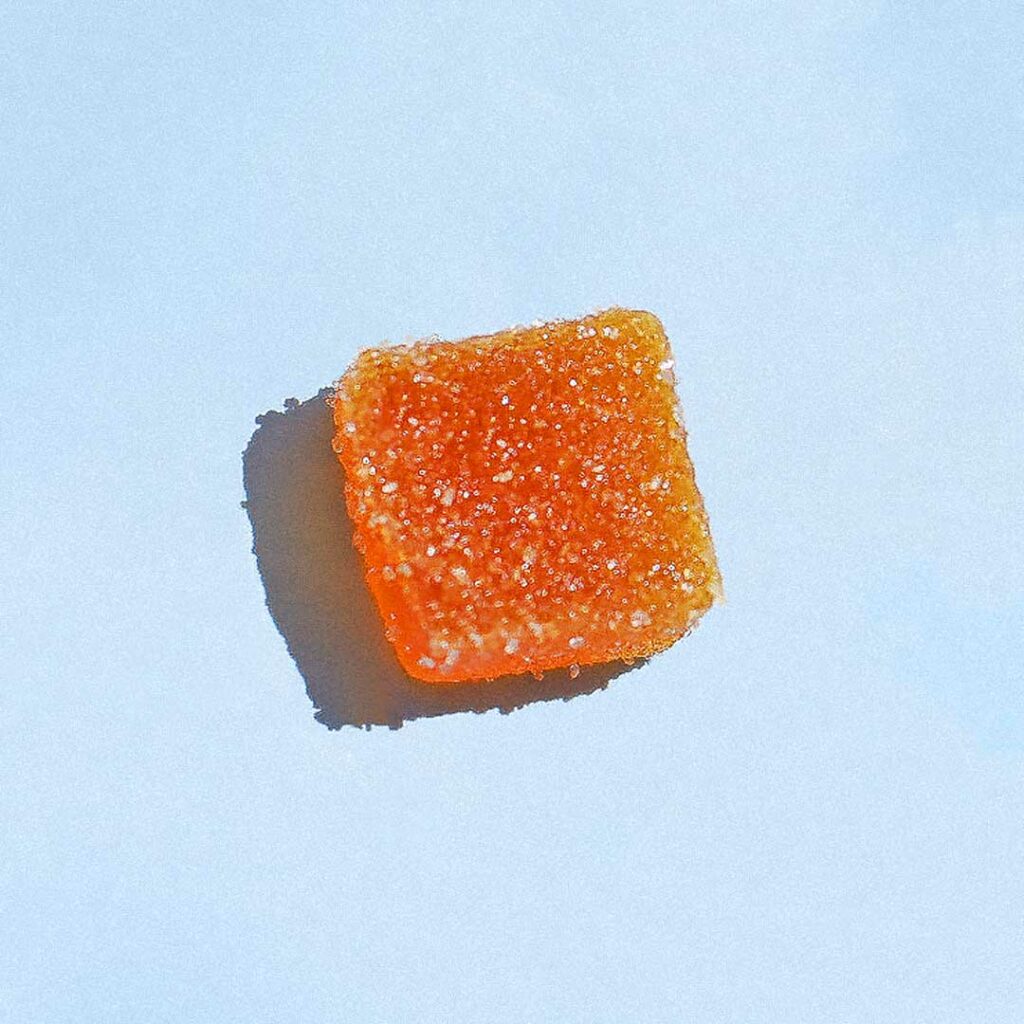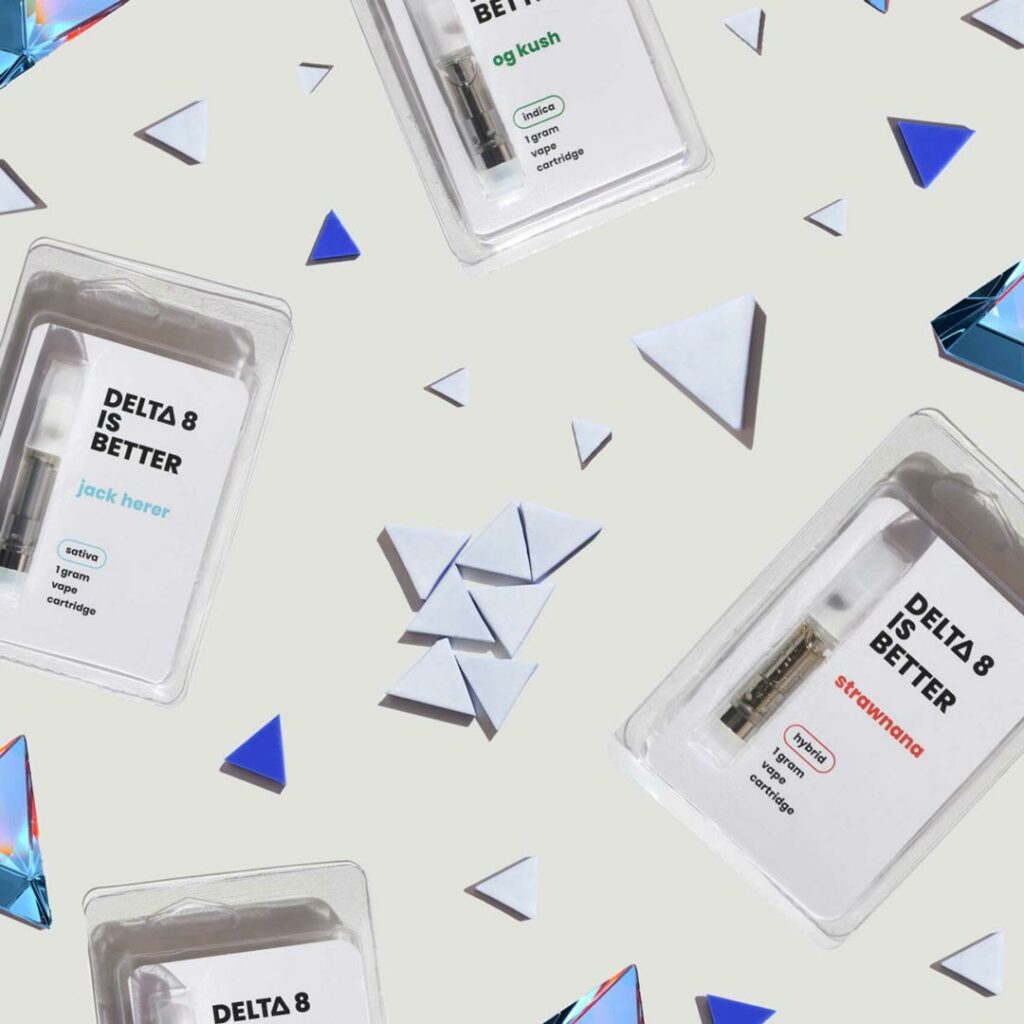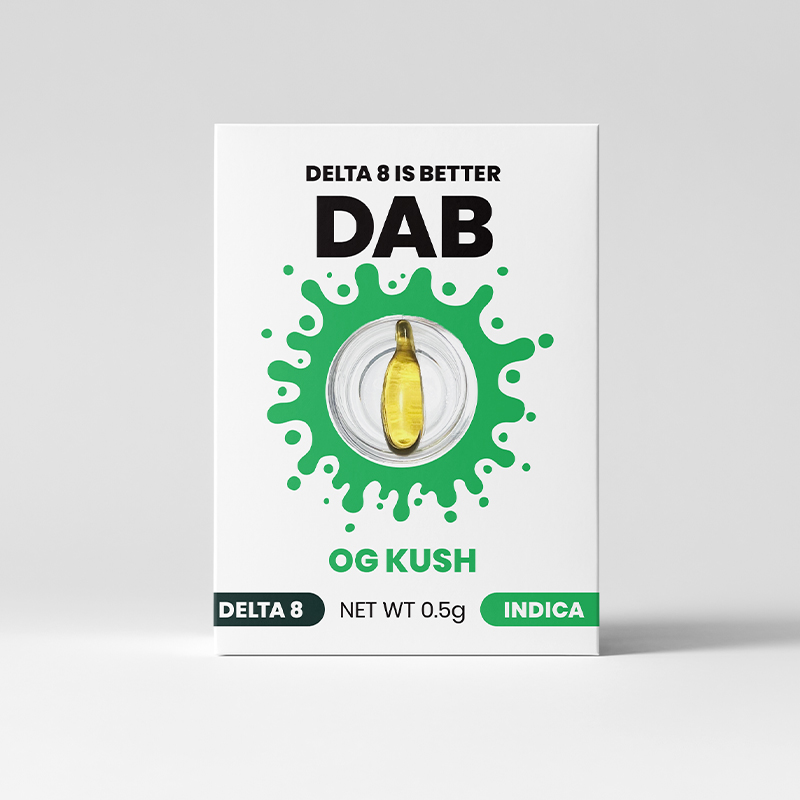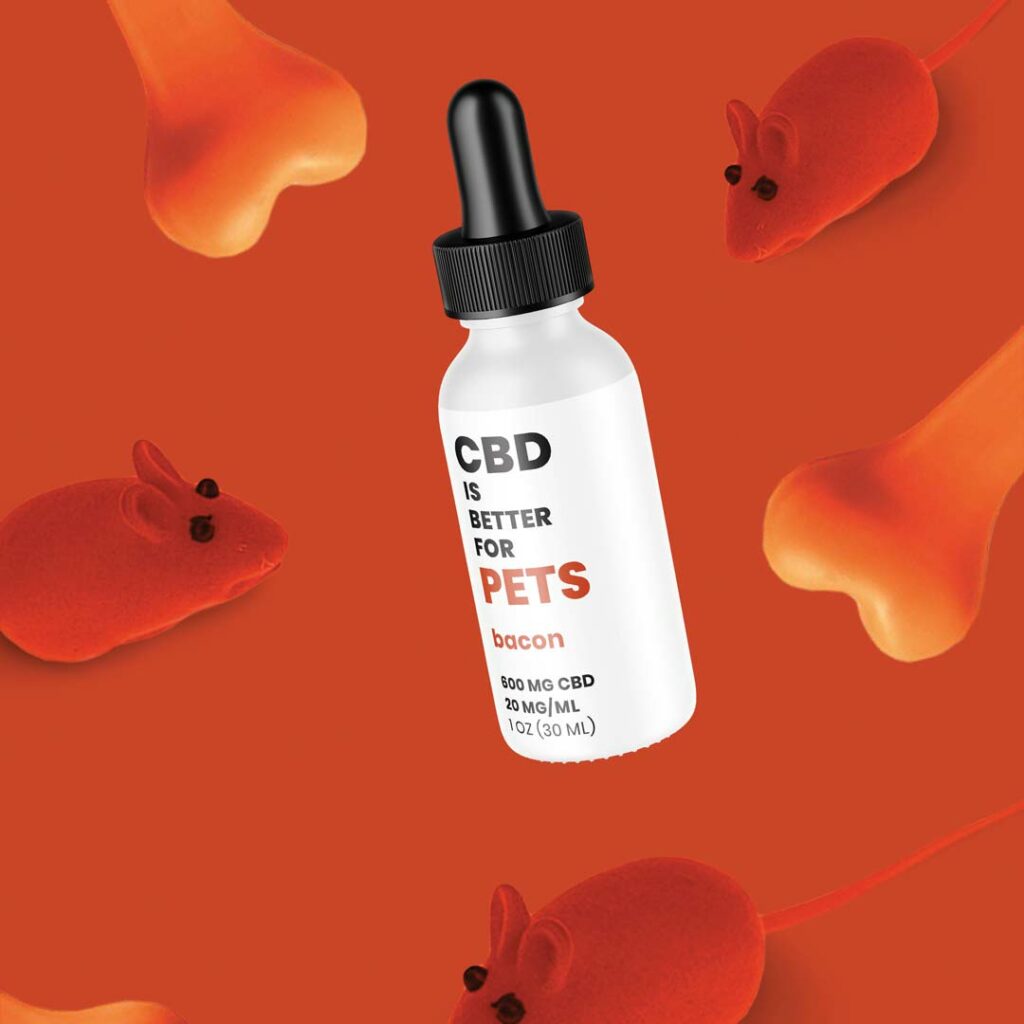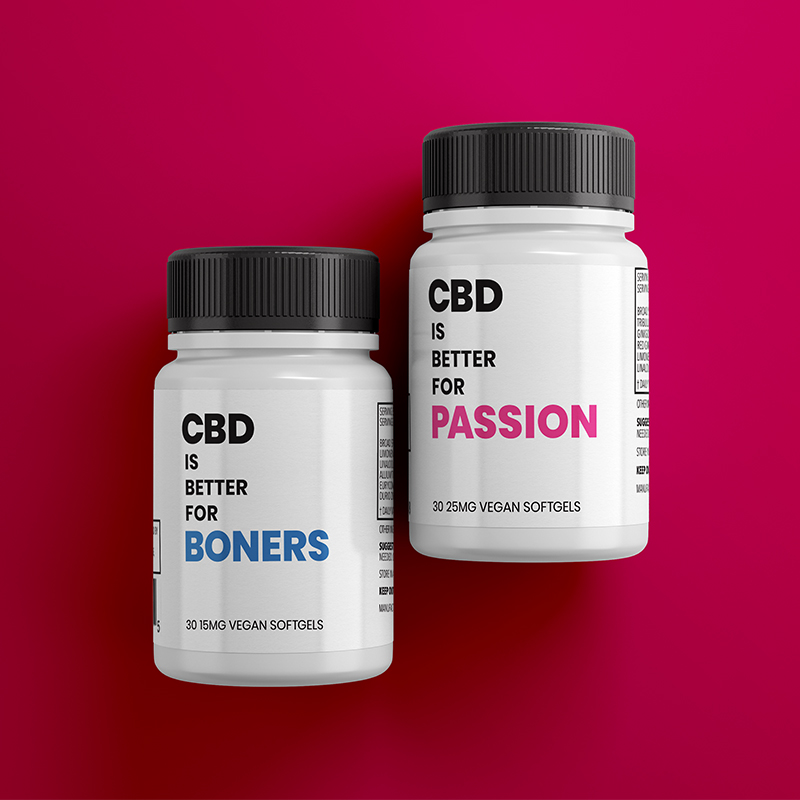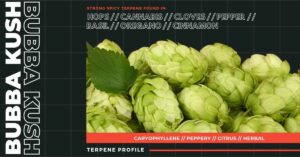

Delta 8 is the talk of the town right now, getting coverage in industry publications like Hemp Grower, Cannabis Business Times and Benzinga as well as mainstream publications like Rolling Stone, GQ, Forbes and In Style. Part of the conversation is because so many are asking questions about what Delta 8 is: Is it legal? Does it have health benefits? But the most commonly asked questions about this best-selling cannabinoid are about its effects: “Does Delta 8 get you high?”
The answer is yes. Delta 8 is indeed psychoactive, and many find it intoxicating as well. “Psychoactive” means that a compound interacts with the central nervous system—CBD is considered psychoactive, as are coffee and nicotine. These substances do affect the function of the brain, but the effects are subtle and don’t affect your comprehension or motor skills (i.e., you can still drive safely while consuming them).
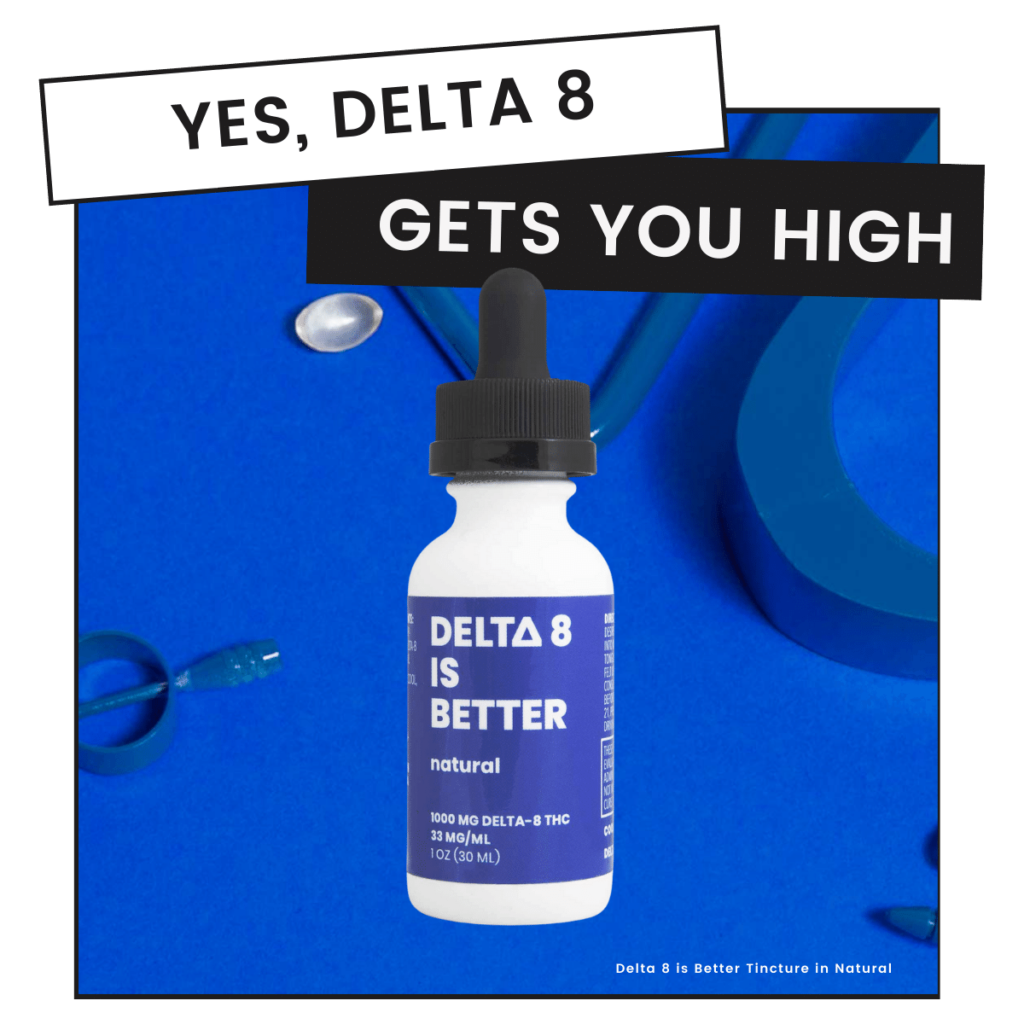
Delta 8 is Better FAQ
The answer is yes. Delta 8 is indeed psychoactive, and many find it intoxicating as well. “Psychoactive” means that a compound interacts with the central nervous system—CBD is considered psychoactive, as are coffee and nicotine. These substances do affect the function of the brain, but the effects are subtle and don’t affect your comprehension or motor skills (i.e., you can still drive safely while consuming them).
The difference between delta-8-THC and delta-9-THC is all due to the location of one critical chemical bond. Both compounds activate your endocannabinoid system by binding to receptors throughout the human body. Because of this slightly different molecular structure, Delta 8 THC bonds differently than Delta 9, resulting in a milder effect.
As with any substance, the answer will always be “It depends.” Delta-9-THC, for example, makes some people giddy, others focused, and others fall asleep, so it stands to reason that Delta 8 will have a range of effects on different individuals.
“Intoxicating” means that the compound affects your physical and mental control. Alcohol and THC are both intoxicating, as are numerous over-the-counter medicines like Robotussin and NyQuil (hence the warnings on these medications not to ever drive or operate heavy machinery while using them). That same rule goes for Delta 8: while its effects are considered milder than its close chemical cousin, Delta-9-tetrahydrocannabinol (a.k.a. THC) you still need to consume it responsibly. Do not drive while under the influence—rideshare services make it very simple to be responsible.
What Does a Delta 8 High Feel Like?
As with any substance, the answer will always be “It depends.” Delta-9-THC, for example, makes some people giddy, others focused, and others fall asleep, so it stands to reason that Delta 8 will have a range of effects on different individuals.

That said, one of the reasons Delta 8 has taken off in popularity is because many consider its effects a mellower alternative to THC. One writer described it as “like two glasses of wine and a warm blanket;” a Leafly writer reported that Delta 8 “was a lighter high than I’m accustomed to,” but still “energizing:” “It might really be the weaker version of THC that makes cannabis more approachable for people with lower tolerances.” Insider stated that “people who have tried Delta-8 say the compound makes them feel relaxed, clear-headed, and creative, without the paranoia that can come with smoking weed.”
The lower potency of Delta 8 is very attractive to many consumers. Cannabis has gotten much stronger over the decades, with far higher THC content—but it turns out that’s not what everyone wants. Some consumers are just looking for a slight high (hence the popularity of microdosing)—the equivalent of sipping a glass of wine, not downing a bottle.
The Difference Between Delta 8 and Delta 9
The difference between delta-8-THC and delta-9-THC is all due to the location of one critical chemical bond. Both compounds activate your endocannabinoid system by binding to receptors throughout the human body. Because of this slightly different molecular structure, Delta 8 THC bonds differently than Delta 9, resulting in a milder effect.
Benzinga pointed out that Delta 8 may be a great alternative option for people who experience unpleasant side effects with THC: anxiety, paranoia, or dry eyes and mouth. Many people who want the health benefits of delta-9-THC (easier sleep, relief from pain and nausea) don’t consume it because it comes with other unwelcome symptoms. As cannabis specialist and medical doctor Peter Grinspoon told Insider, “I can’t tell you how many patients I have who say, ‘I’d love to use medical cannabis instead of opiates for pain, except it makes me anxious.’ Delta-8 might be a very good option for people like that.”
While we need more scientific exploration of Delta 8’s effects and benefits, the research we do have indicates that it has properties very similar to THC. Even people who are fans of regular THC are enjoying Delta 8 simply for the novelty of it. It also tends to be far less expensive than regular THC products.
TL;DR? Delta 8 does indeed get you high, and thus far the anecdotal evidence we have indicates it provides a milder high than the one that results from traditional THC. (Even so? Don’t drive while consuming it!) As for what effect Delta 8 will have on you? There’s only one way to find out…
Robert Johnson
READ MORE
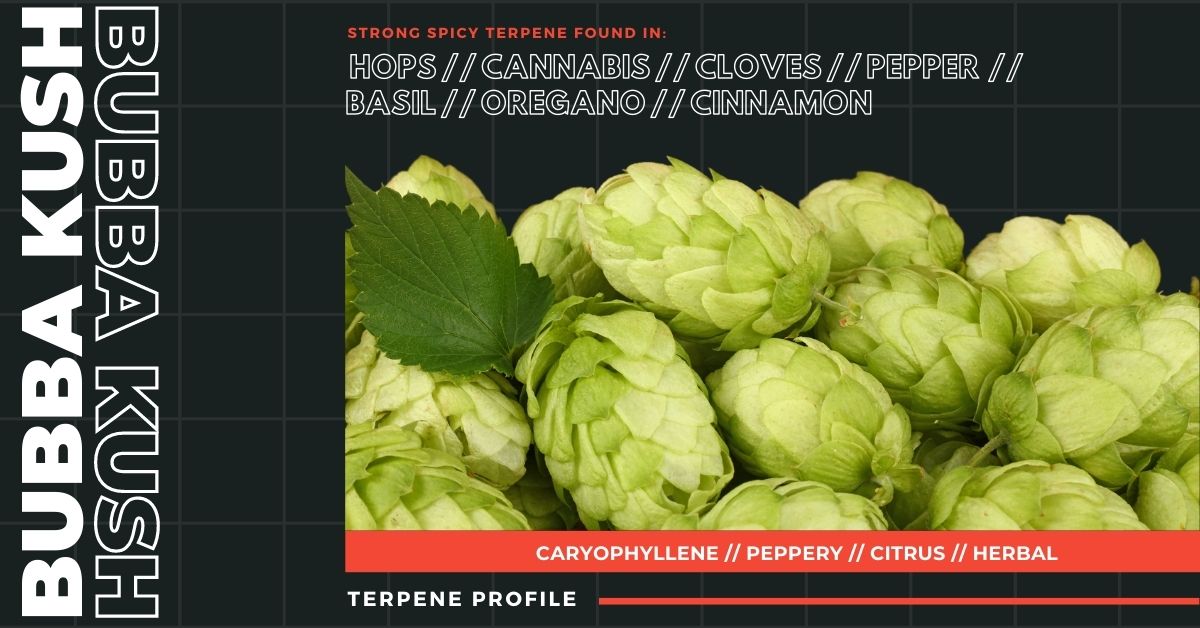
Terpenes 101: What is Caryophyllene and What Does it Do?
Caryophyllene, also called beta-caryophyllene or BCP, this terpene can be found in hops, cloves, black pepper, oregano, cinnamon, basil and strains of cannabis. If you’ve ever taken a whiff of herb with a funky bite that hits like smelling cracked pepper, it’s likely rich in caryophyllene.
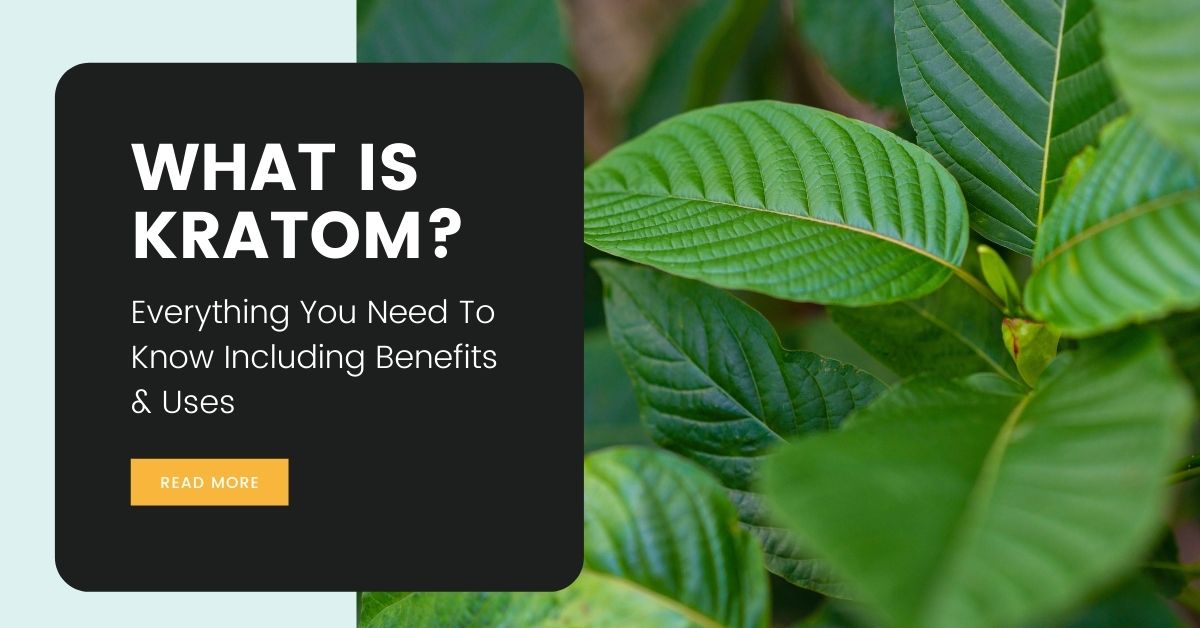
What is Kratom? Everything You Need To Know Including Benefits & Uses
There have been uses of kratom for centuries in traditional medicine in Southeast Asia. It has many potential uses and benefits as well as considerable risks. Read on to learn more about using kratom for your health.
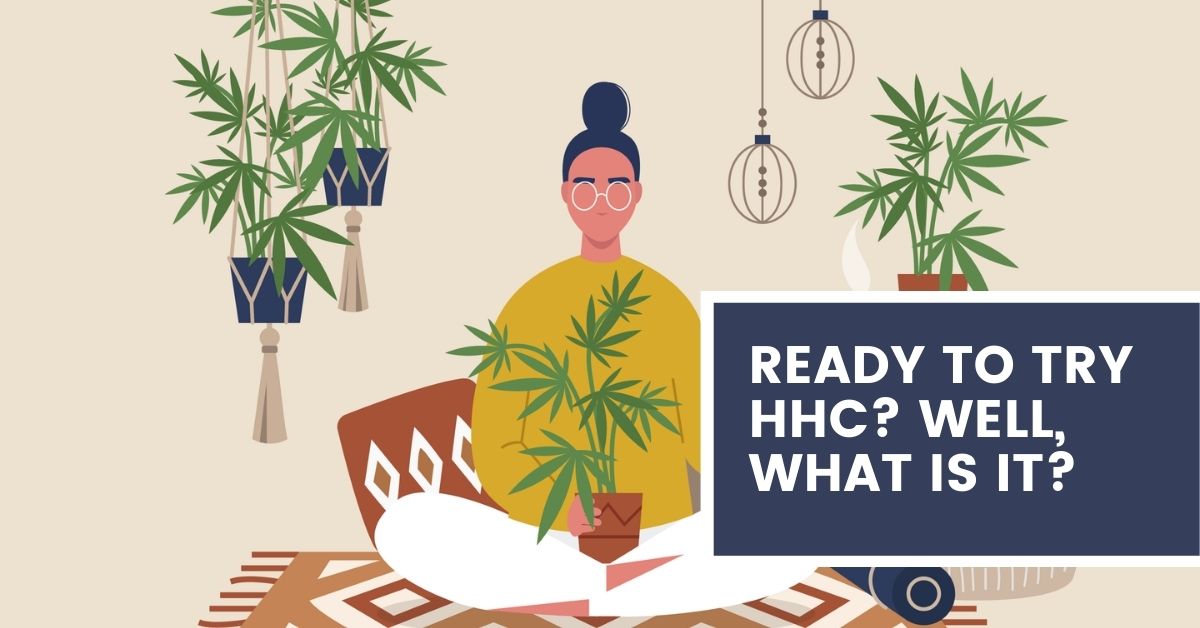
Thinking of Trying an HHC Vape But Find Yourself Wondering What Exactly is HHC?
One of the unintended benefits of the 2018 Farm Bill that made agricultural hemp federally legal was the new wave of THC analogs hitting the market with very similar effects to the THC we all know and love. One of the newest, HHC is actually not a THC analog at all but it’s close. How close? Let’s break it down.
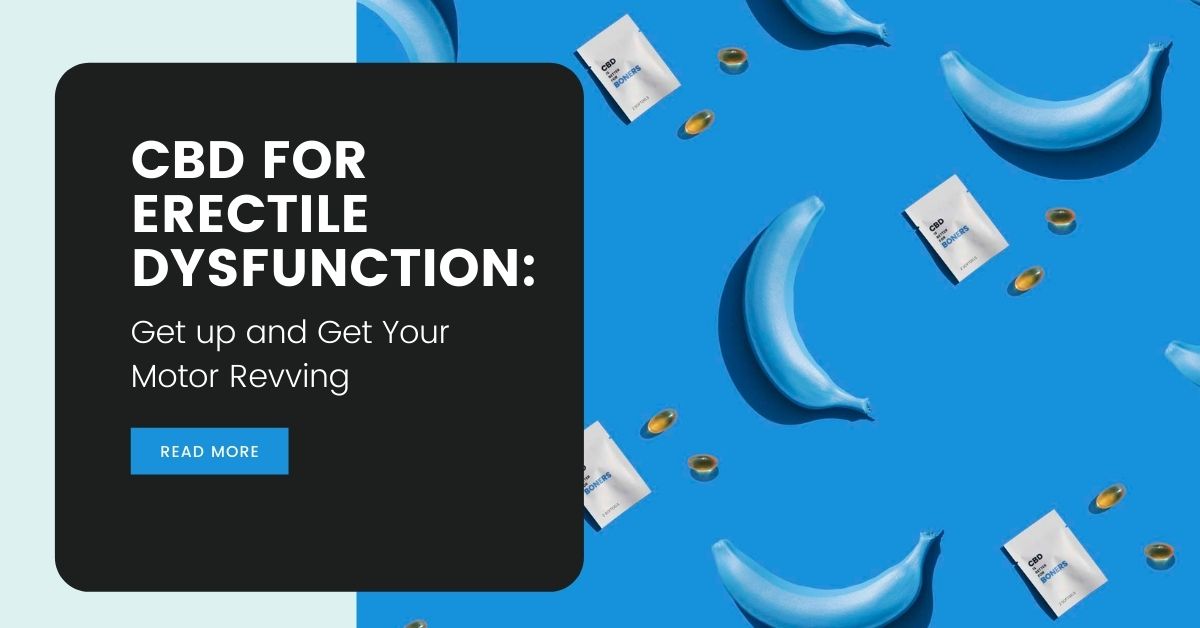
CBD for Erectile Dysfunction: Get up and Get Your Motor Revving
Although it’s often a sensitive subject, the truth is that approximately 52% of all men have or will experience erectile dysfunction (ED) at some point in their lives often much younger than one would expect.
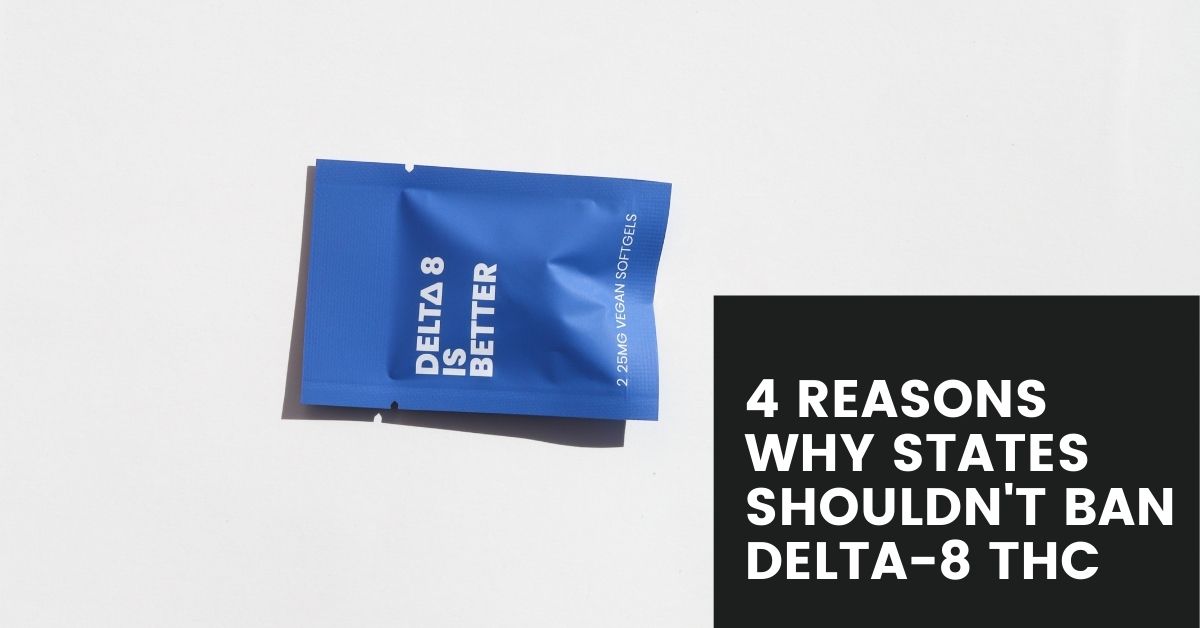
4 Reasons Why States Shouldn’t Ban Delta-8 THC
More than 15 states have actually banned Delta-8 outright but what’s most shocking about these bans is that they are supported by so many hemp business leaders.
